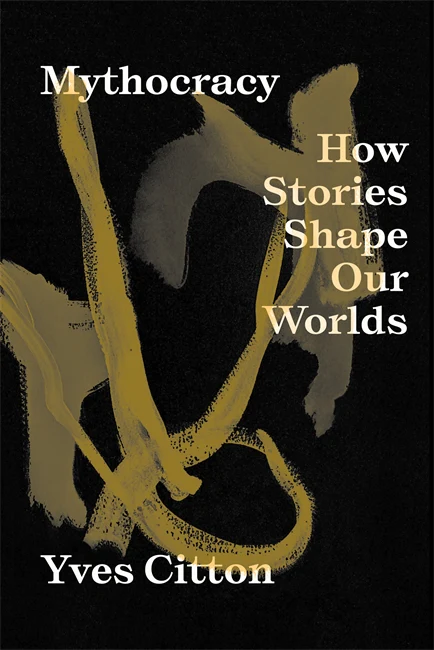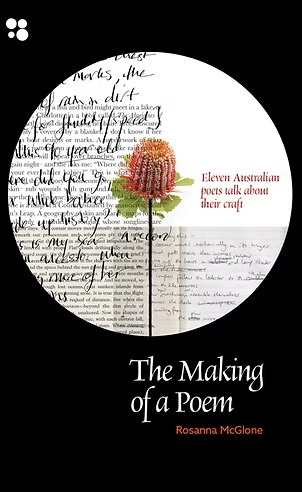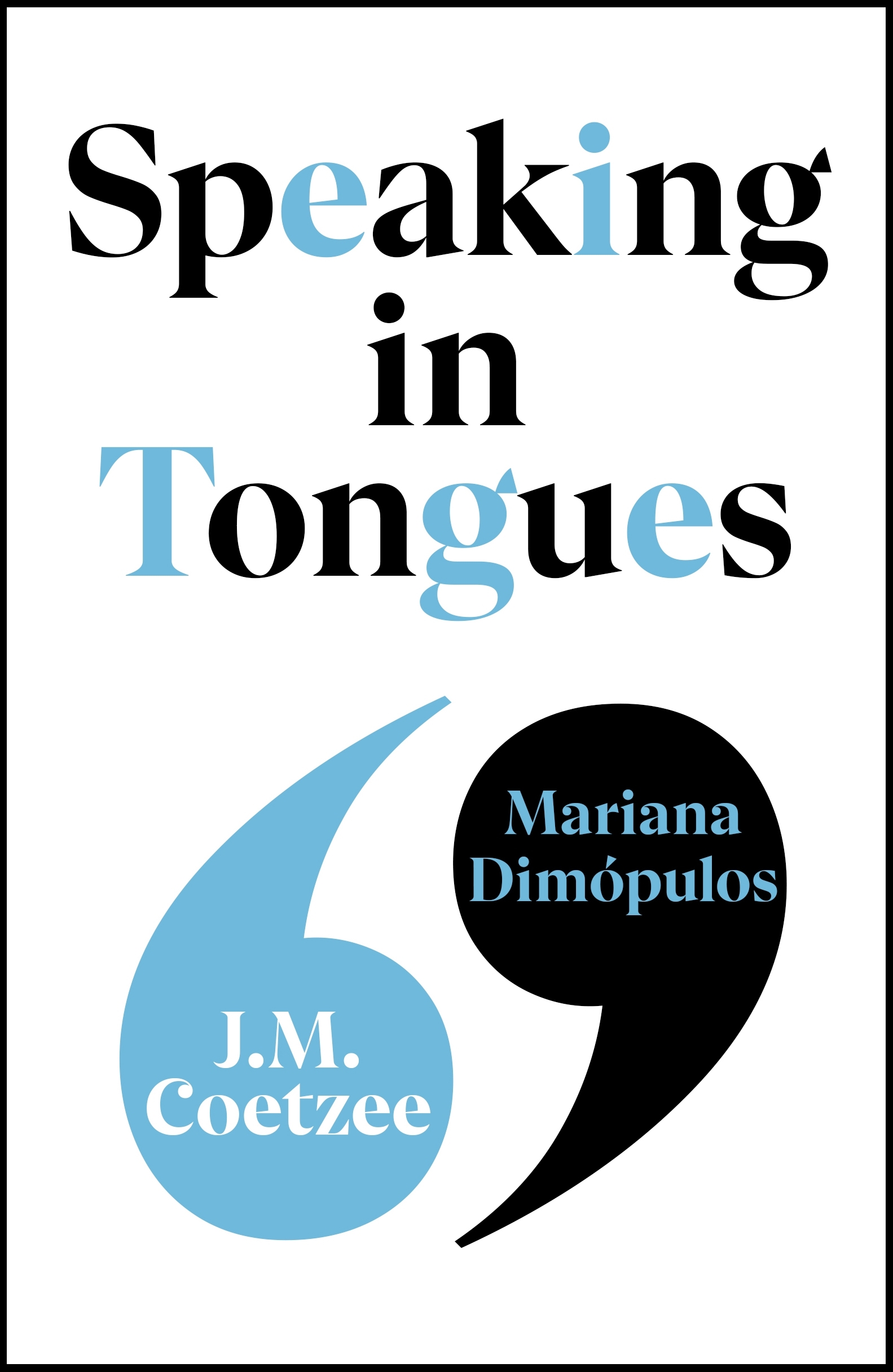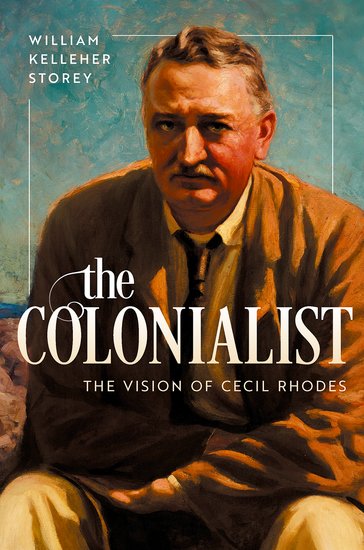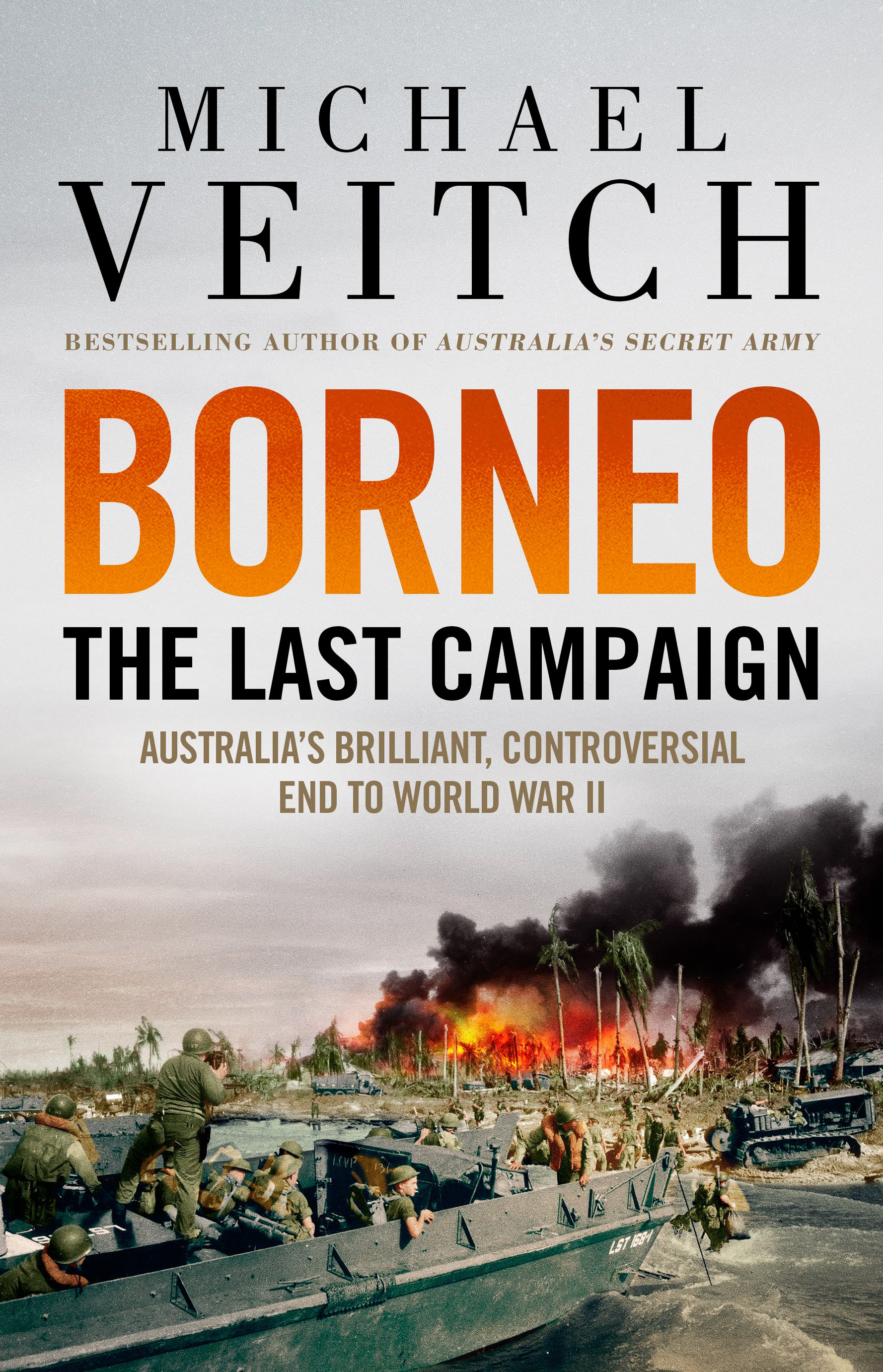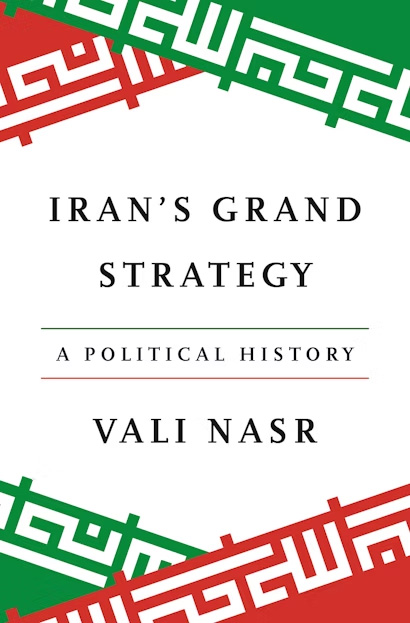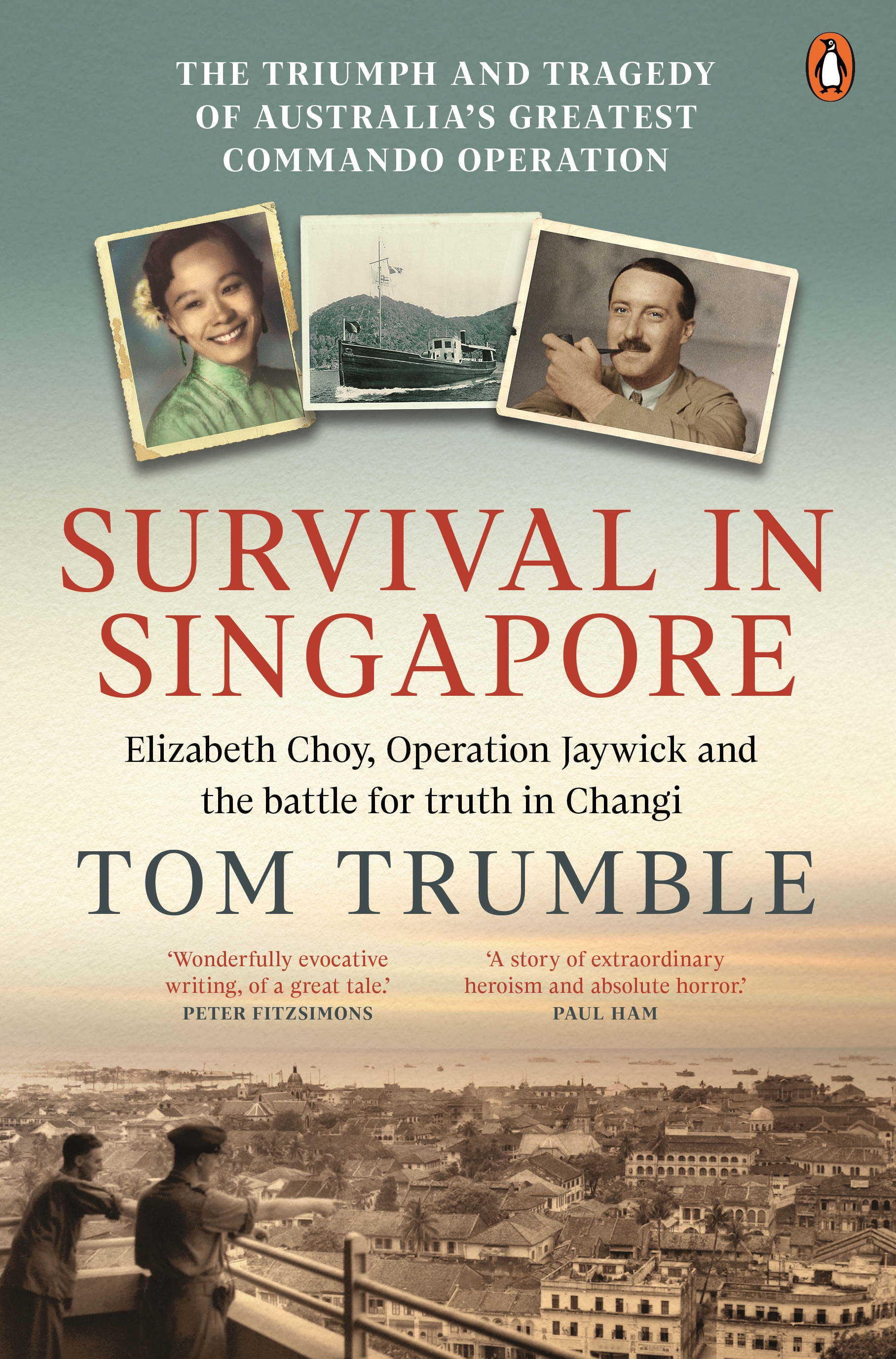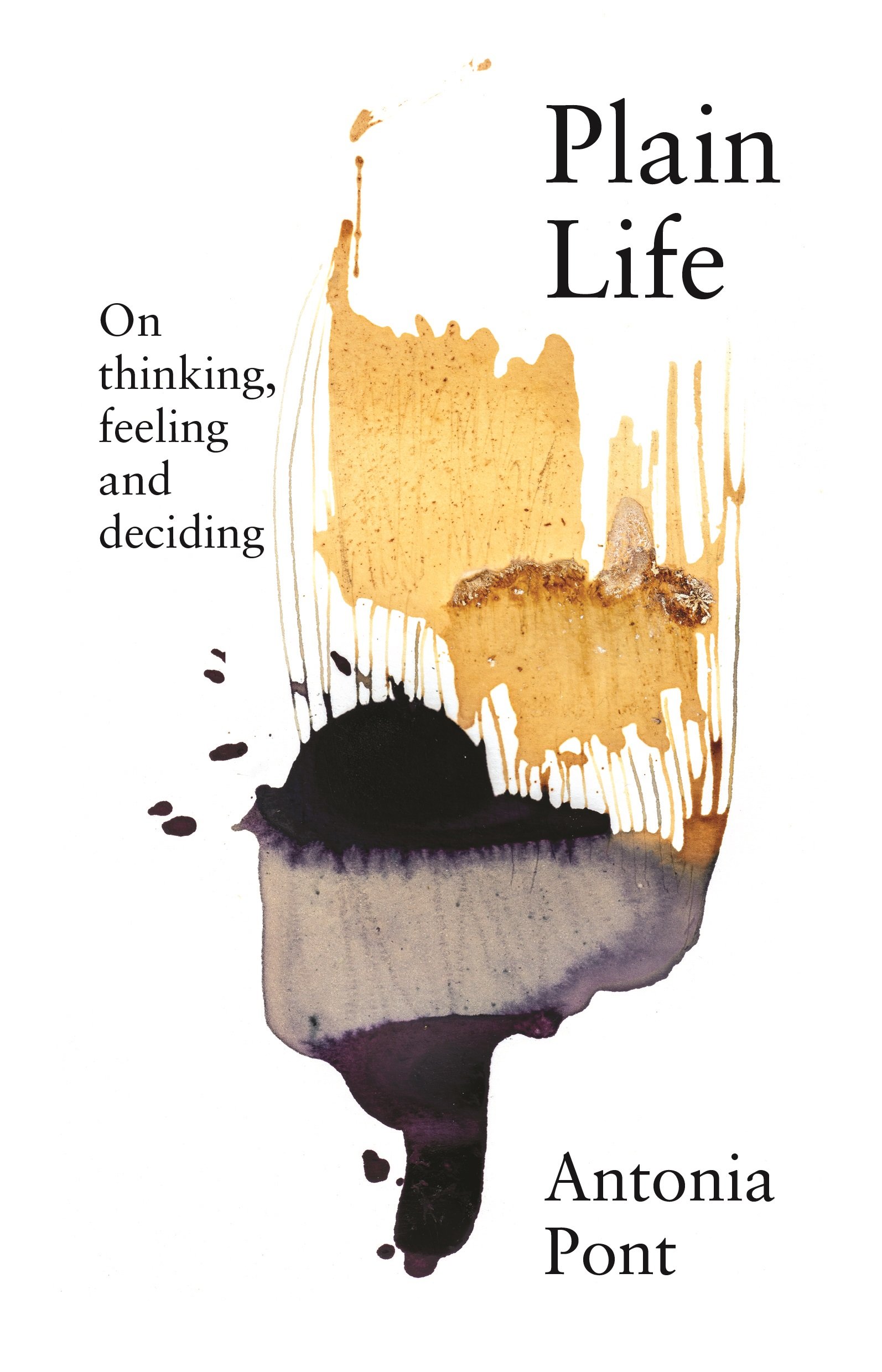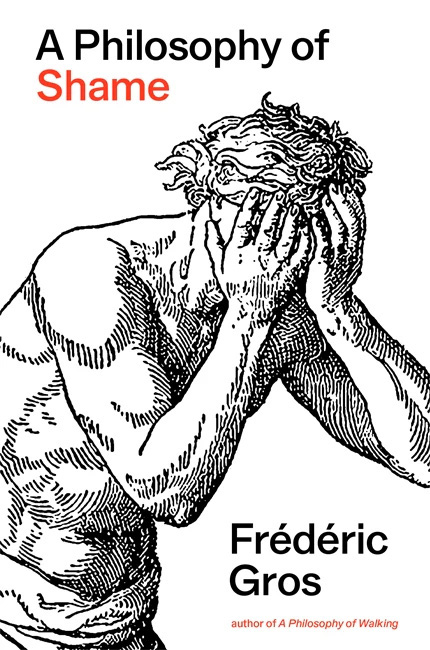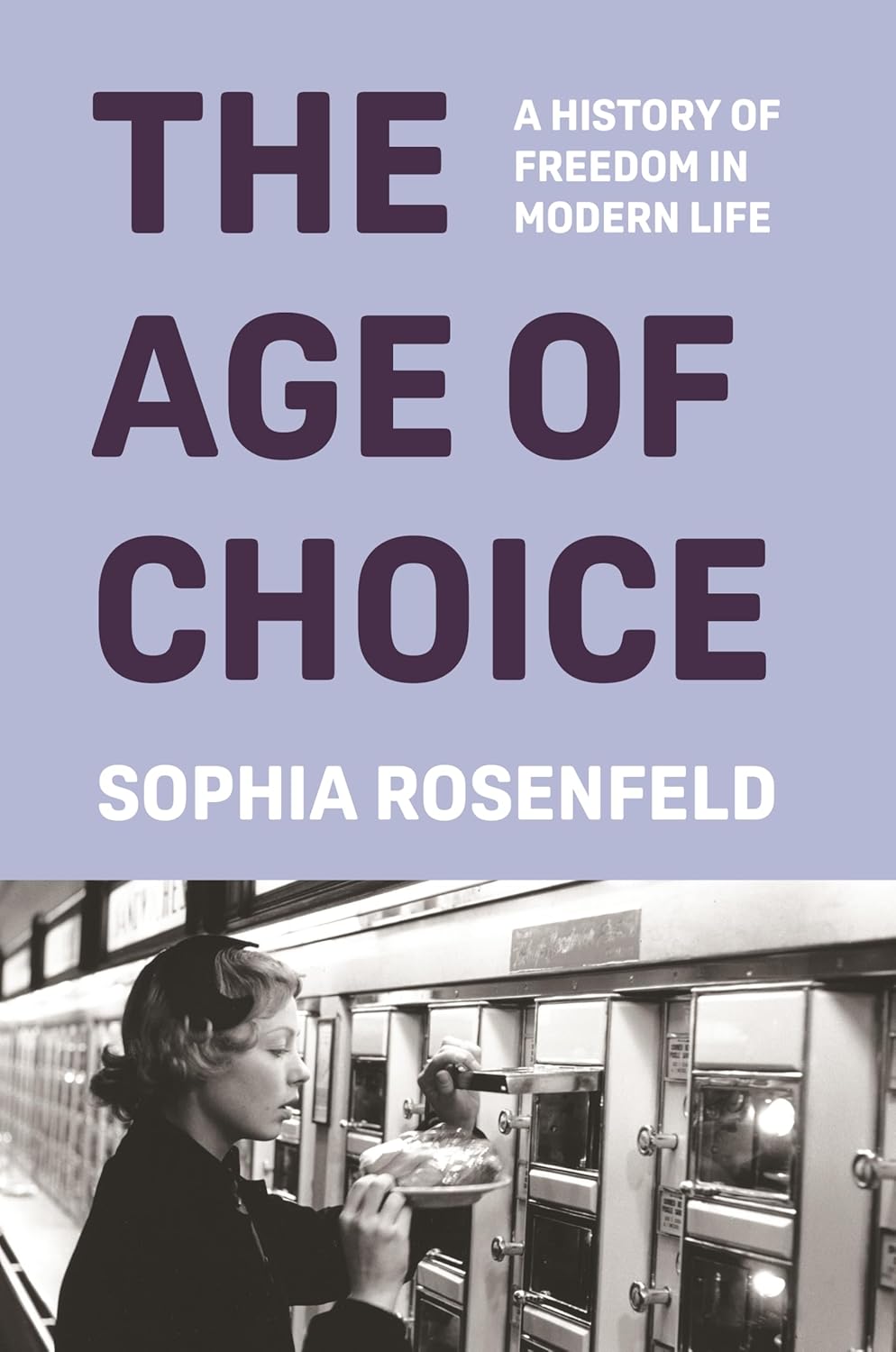Non Fiction
Mythocracy: How stories shape our worlds by Yves Citton, translated from French by David Broder
When, in a presidential debate in 2024, Donald Trump repeated the absurd lie that Haitian immigrants in Springfield, Ohio were stealing and eating pets, he was drawing on a myth that has long been used to denigrate people who are racially or culturally different. Underpinning this myth is a common script – that is, a small narrative sequence: foreign people enter a community, beloved animal companions begin to disappear, and these pets are found to have been cooked and eaten in a restaurant serving foreign food.
... (read more)The Making of a Poem: Eleven Australian poets talk about their craft by Rosanna McGlone
Extraordinary though it is, narrative film has its limitations. It is a truism of film criticism, for instance, that biopics of writers are usually at their weakest when representing the process of writing. It is an understandable problem. How, in the dynamic medium of film, is one to represent the (in)action of writing, which is largely solitary, motionless, and internal? In biopics of poets such as Syliva Plath and Dylan Thomas, the process of composing poetry is usually rendered in a Terrence Malick–like montage of soft-focus, shallow depth of field, handheld shots meant to signify the numinous, visionary experience of poetic inspiration. This cinematic convention is more or less nonsense. Biopics of writers are also largely indifferent to issues of technique – the slow, uneconomical labour of dealing with language as a medium. Who cares if that verb in the last line should be a gerund?
... (read more)Speaking in Tongues by J.M. Coetzee and Mariana Dimópulos
Speaking in Tongues is a conversation between author J. M. Coetzee and translator Mariana Dimópulos. Structured in four themed chapters, the book is a digestible initiation into a philosophy of literary translation that doesn’t answer questions as much as asks them. Coetzee and Dimópulos note that the book ‘aspires to some general statements’, is ‘not a work written by or for specialists’, and has ‘no scientific aspirations’. This is a fair description. Speaking in Tongues only gently brushes against the big topics within its pages.
... (read more)The Colonialist: The vision of Cecil Rhodes by William Kelleher Storey
Very few people – apart from royalty – have had countries named after them. But the coinage ‘Rhodesia’ was being used a few years after the white military force Pioneer Column moved into Zimbabwe in 1890. For Cecil Rhodes was truly a colossus, punningly named after one of the ancient Seven Wonders of the World. A famous Punch cartoon has him bestriding the map of Africa, one foot on Cape Town and the other on Cairo, linked by a telegraph line hanging from his outstretched arms.
... (read more)In writing Borneo: The last campaign, Michael Veitch has taken on a worthy subject. It was ‘the largest, most complex, most meticulously planned amphibious military operation ever undertaken by the forces of Australia’. Yet, despite its scale and the military prowess displayed, the campaign has received little sustained attention in print since the publication of Gavin Long’s official history, The Final Campaigns, in 1963 and is overshadowed in the public imagination by the great epics of Australian military history, like Gallipoli and Kokoda.
... (read more)After Prime Minister Albanese called an unscheduled media conference at Parliament House on 26 August 2025, assembled journalists were surprised to see him accompanied by ASIO Director-General Mike Burgess. The reason quickly became apparent. The government was expelling the Iranian ambassador because of an ASIO assessment that Iran’s security services were behind two attacks on Australian Jewish premises in the second half of 2024.
... (read more)Survival in Singapore: Elizabeth Choy, Operation Jaywick and the battle for truth in Changi by Tom Trumble
This book starts with something of a bum steer. The cover declares that Survival in Singapore is about the ‘triumph and tragedy of Australia’s greatest commando operation’. It turns out that the commando operation is not its main subject at all, as Tom Trumble acknowledges in his note to readers, but the hook for a tale of sacrifice and suffering in Japanese-occupied Singapore during World War II. This faint misdirection did not trouble me – the subject of wartime Singapore interests me more than a tale of derring-do – but it did surprise. Is this part of marketing a popular war history – always go with the more dramatic angle?
... (read more)Plain Life: On thinking, feeling and deciding by Antonia Pont
We are living in an age of compartmentalisation. Technology promises increased productivity, even as our feeds routinely compel us towards #slowliving, #intentionalliving, and #simpleliving. These are offered as solutions to a range of loosely identified effects – political malaise, rampant consumerism, anxiety. In other words, the impossible contemporary condition. Often these #sponsored solutions are merely behaviours repackaged as needs – by the influencers, the lifestyle gurus, and the over-therapised, who instrumentalise the market logics they implore us to reject.
... (read more)A Philosophy of Shame: A revolutionary emotion by Frédéric Gros, translated from French by Andy Bliss
In an 1843 letter composed on a barge in Holland, a young Karl Marx wrote of a ‘national shame’ that made him want to hide his face. He anticipated his addressee, his friend Arnold Ruge, would remind him that ‘no revolution is made out of shame’. But Marx disagreed. ‘Shame’, he insisted, ‘is already a revolution of a kind’. It is from Marx that Frédéric Gros takes the subtitle of A Philosophy of Shame: A revolutionary emotion. Although we never really discover what kind of revolution Gros has in mind, the book can best be seen as an attempt to revolutionise how we think about shame itself.
... (read more)The Age of Choice: A history of freedom in modern life by Sophia Rosenfeld
In a recent university seminar, I wanted to give my students a sense of how capitalism is a way of being, rather than being the way of being. Hoping to paint an affective picture, I turned to personal anecdote.
... (read more)

